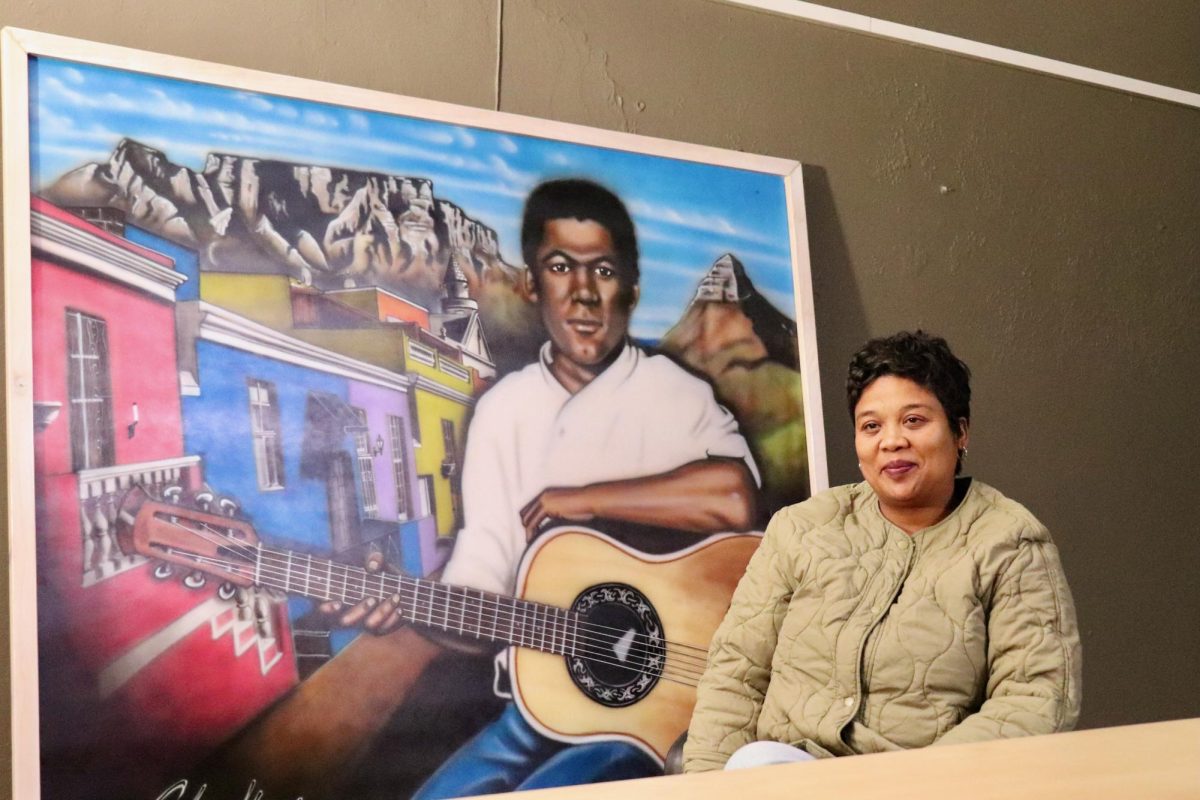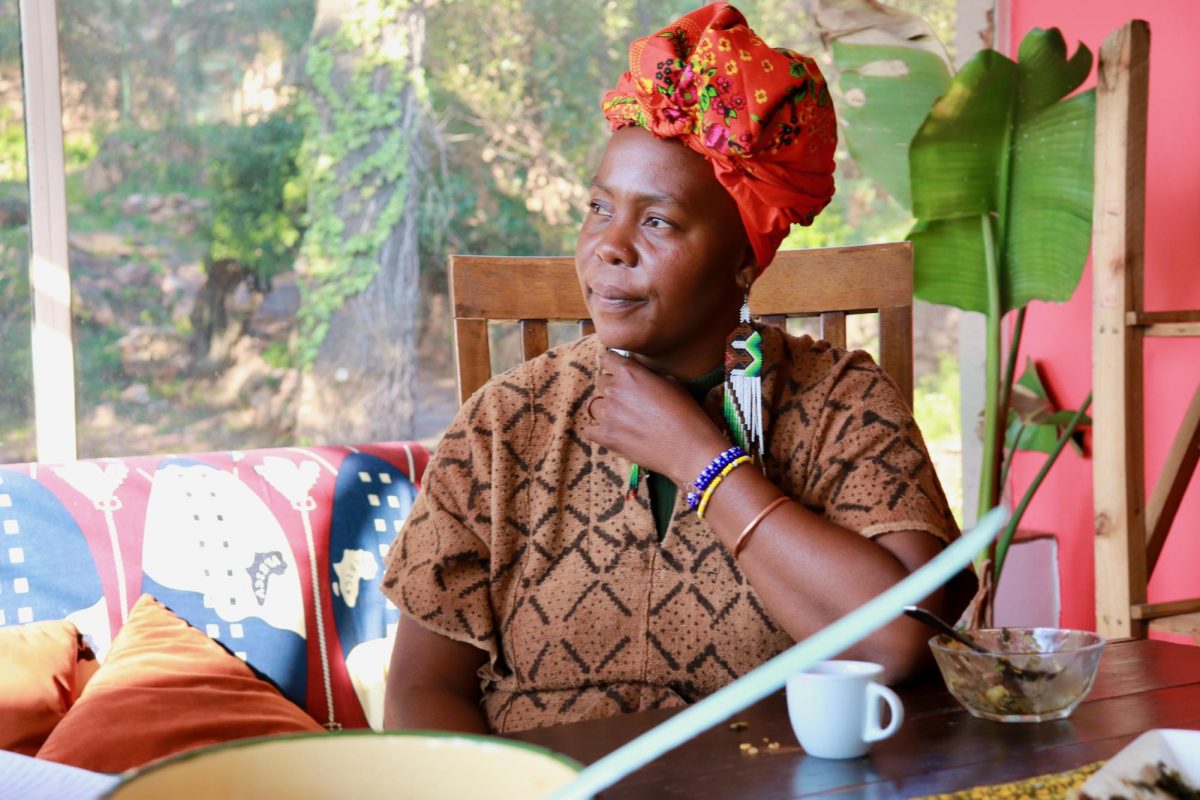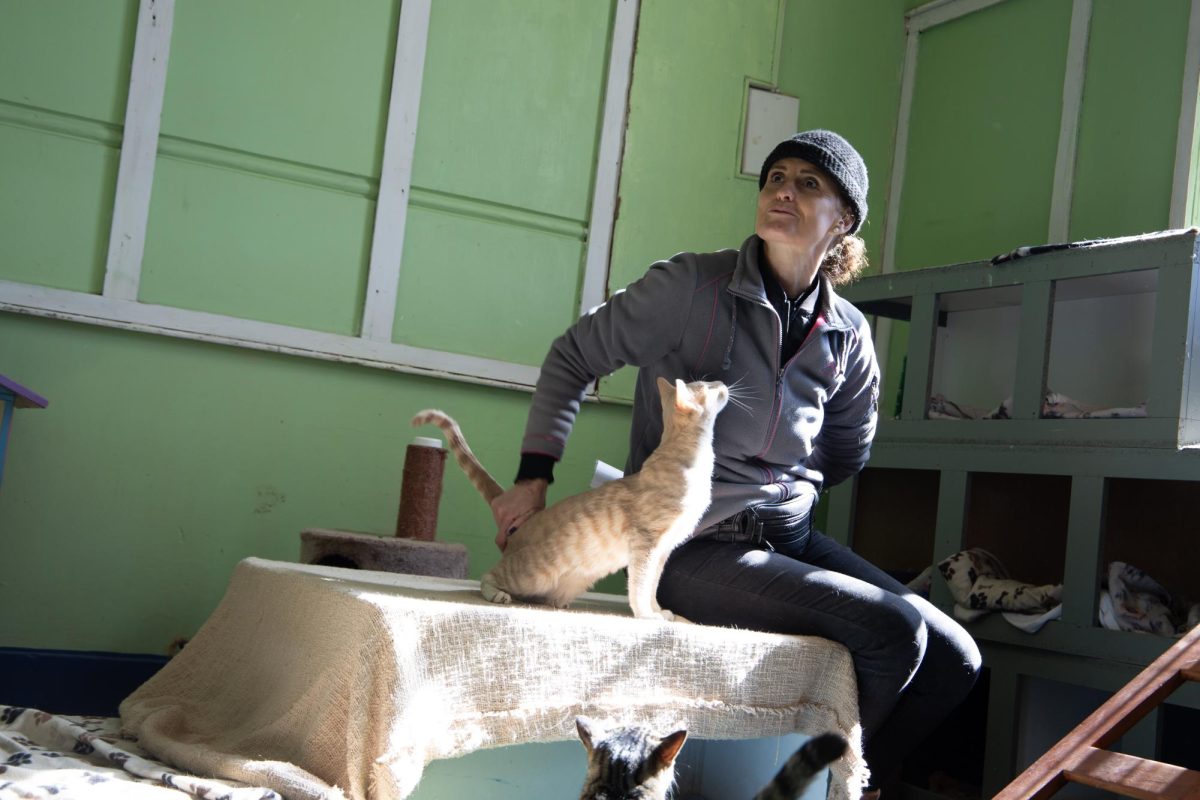“We’re all in this together.” Before the coronavirus pandemic, the first thing that comes to mind when we hear that phrase is the famous “High School Musical” song. But now, the phrase has taken a completely different meaning for me and everyone else in America. From celebrities to companies, this statement has been repeated time and time again, in an effort to make all of us feel closer together in a time of distance.
I can appreciate the sentiment; it’s not often that there is an event so widespread, it impacts everyone in our nation, let alone worldwide. Milestone events, such as graduation and prom, were canceled. We wear masks just to get groceries. So many fatalities do not get the proper funerals they deserve. The coronavirus has changed everyone’s lives.
But, as well meaning as it may be, hearing the words “We’re all in this together” makes me feel unsettled; it implies that everyone has an even playing field when it comes to the virus, which is not true.
Time and time again, people of color are put at disadvantages that others, from the government to hospitals, ignore. The policies, preexisting conditions and structural racism that exists in the U.S. puts minorities, especially Black Americans, at a disadvantage.
When someone has the privilege of avoiding public transportation, having health care and staying in a safe home, the disparities are clear. These are all issues that affect communities of color at higher levels due to the systemic racism that creates socioeconomic disparities between races. They simply do not have the same resources, and are often putting themselves at risk. The structural issues at play, ranging from environmental racism to insufficient health care, are all clearly displayed in data. Louisiana, Chicago and Washington, D.C. have their Black citizens making up 70% of the COVID-19 fatalities according to Brookings at Washington University.
Once again, we see Black people in this country being harmed at alarming rates, and it is not talked about. Communities of color face higher levels of chronic illnesses due to higher levels of stress and health care biases. Those with chronic illnesses, such as heart disease or diabetes, cannot afford to contract coronavirus. They need care and treatment, and for the virus to be caught early on.
But unfortunately, Black Americans are not receiving the care they need.
Rubix LS, a bio-technology data firm, found that Black Americans with coronavirus symptoms were less likely to receive a test. They also found that places with large minority populations have extremely scarce testing equipment. In the diverse areas of Nashville, Tennessee, testing centers (including one at a historically Black medical college) were empty, due to not being able to acquire testing equipment. Meanwhile, celebrities who do not even exhibit any symptoms have easy access to coronavirus tests.
In a time where Black Americans need to be prioritized, they aren’t. It is clear to me that this country places the white and the rich at the top, with little regard for Black lives. We see this all the time, and even in a pandemic, things are no different. Communities of color have a completely different experience amidst coronavirus than that of white America. The harsh reality is that communities of color and poverty are being disproportionately affected by this virus.
People need to care that Black Americans are dying. Resources and medical care should be given to these communities who desperately need it, instead of being focused on white, affluent areas. It’s important to include communities of color in our thoughts, and realize: yes, it is great to find solace in unity. However, we should be aware of these differences and take action instead of plastering a bandaid statement over the unique effect the coronavirus pandemic has had on minoritized groups. The statement “We are all in this together” feels like propaganda to me; a statement that America spread to the public to hide behind the racial disparities that coronavirus has accentuated. Coronavirus does not discriminate, but the system does.











































